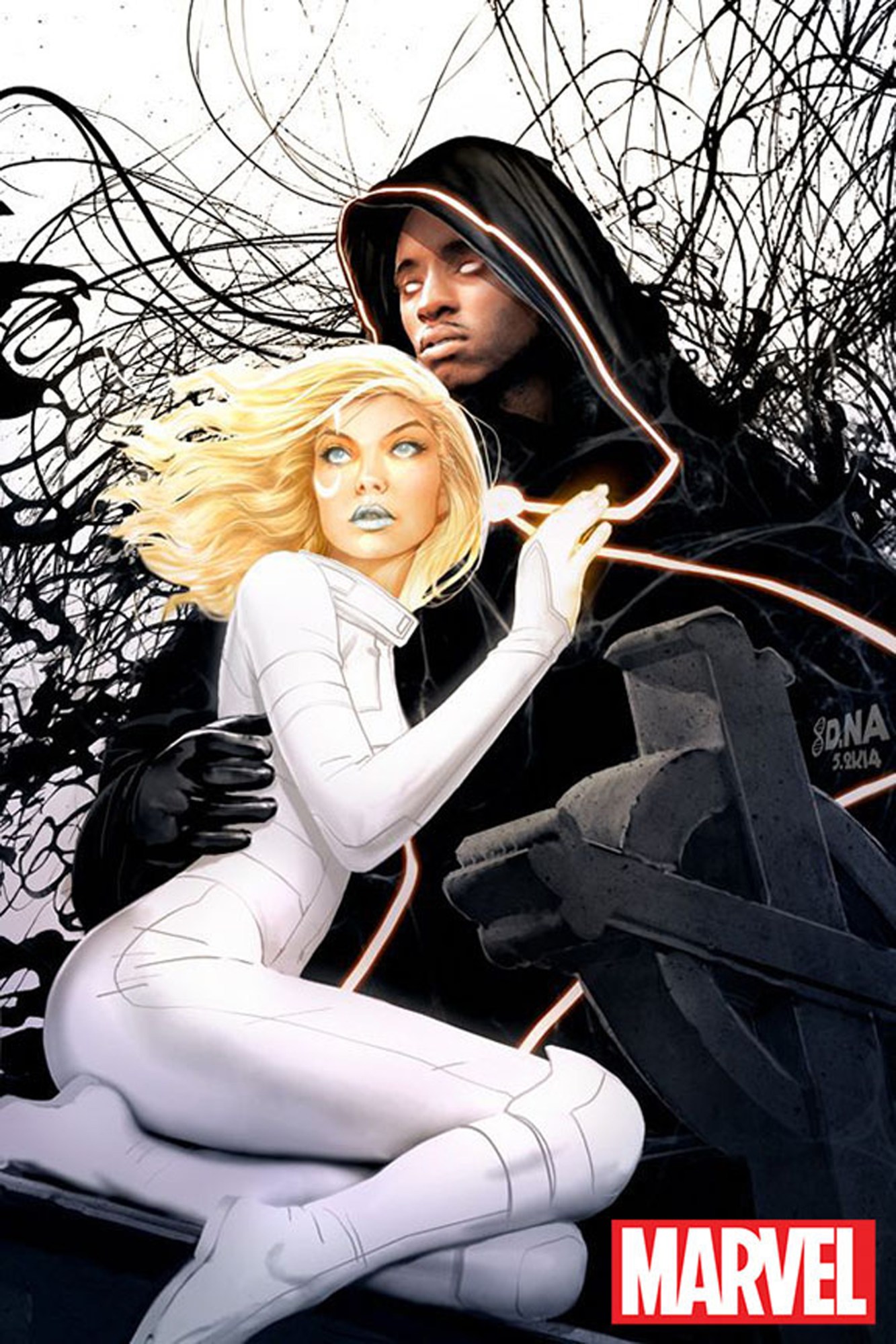Marvel’s new series Cloak and Dagger isn’t your average superhero story. The show, which airs on ABC’s Freeform, is an adaption of the 1980s comic book characters Tyrone Johnson (AKA Cloak), played by Aubrey Joseph, and Tandy Bowen (AKA Dagger), played by Olivia Holt. The adaptation departs from the source material through placing the titular characters in modern-day New Orleans. Cloak has the ability to teleport and Dagger can form blades made of pure light. They both have some psionic abilities as well, which the show doesn’t explain in detail, but Cloak appears to be able to see people’s greatest fears while Dagger can see their happiest fantasies.
What makes the dynamic between the two characters interesting is that their relationship to each other is tied to a shared tragedy: the death of a loved one on the night they received their powers. The show takes on controversial topics like opioid abuse, sexual assault, and police brutality through pairing together two people who, on the surface, look like they wouldn’t have much in common. Cloak, a black man, and Dagger, a white woman, confront the issue of race and gender in a nuanced way that doesn’t rely on the typical romantic plot line. Cloak and Dagger’s authenticity in approaching issues that affect people of color in America illustrates the cultural impact having more minorities in superhero roles can achieve.
Although the success of Black Panther has taken the world by storm, black kids haven’t always had the opportunity to see characters that look like them on screen. For many black millennials who came of age in the ‘90s and early 00s, there were small instances of on-screen visibility in the superhero genre. The Wesley Snipes Blade trilogy, Spawn, Storm in Fox’s various adaptations of the X-Men, and the Warner Brothers cartoon Static Shock were all we had.
The importance of representation has become a part of the national dialogue as social issues affecting people of color gain more attention and are playing out in popular culture. Hollywood is slowly opening the floodgates and allowing more stories where black heroes are the protagonists and save the day. The success of shows like Marvel’s Luke Cage, a man with super strength and bulletproof skin who fights crime in a hoodie, and DC’s Black Lightning, a show that centers on a family man and part-time vigilante with electric powers, prove black audiences are hungry for characters that resemble their lived experiences.
i-D spoke with Aubrey Joseph about what it was like playing Tyrone/Cloak and the impact of having greater representation for heroes of color.
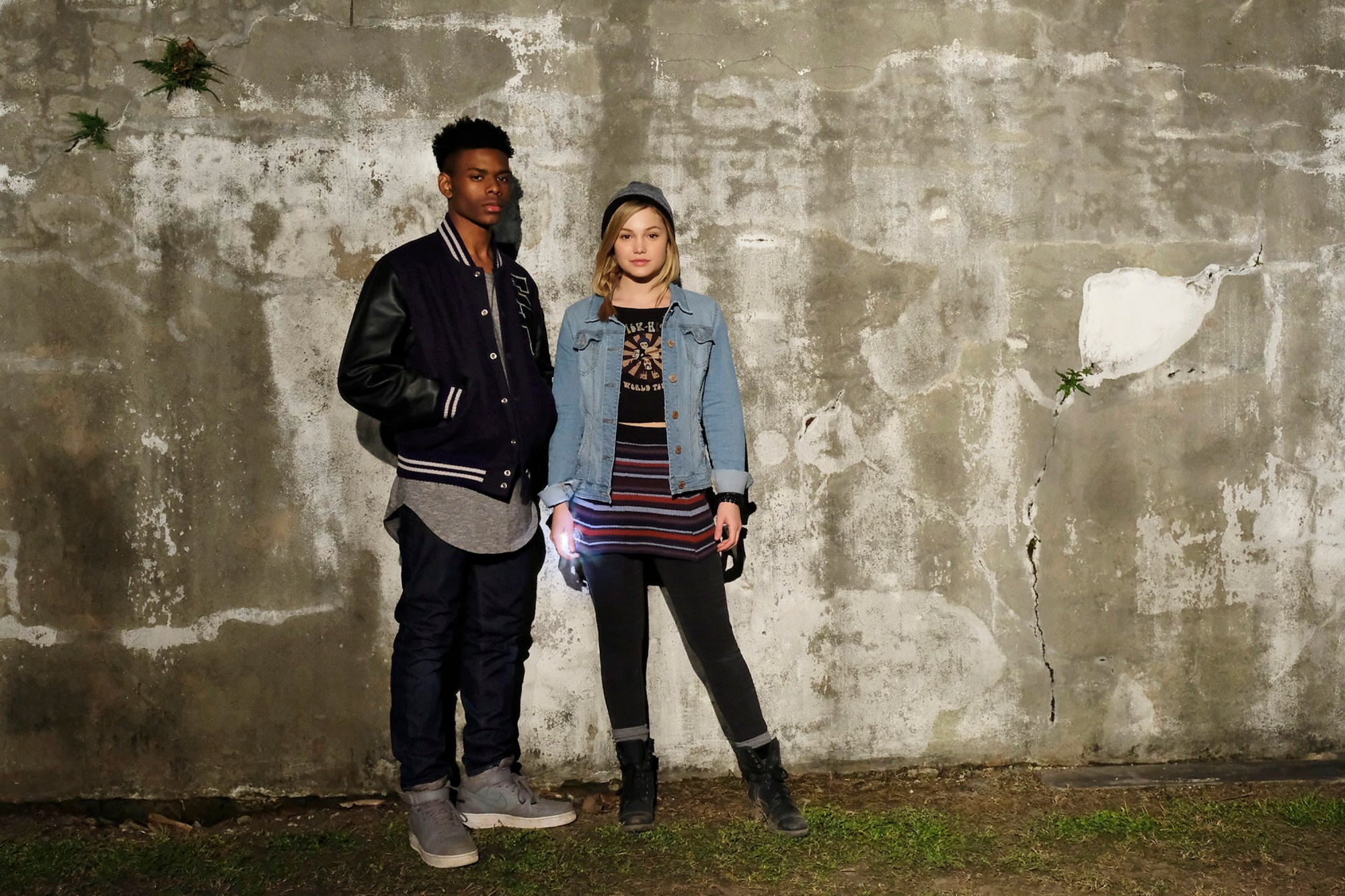
Can you tell us more about your character? How are you alike and how are you different?
Tyrone is a kid who grows up basically fearless in the hood trying to fit in with his older brother. He ends up seeing his older brother get shot by a police officer. His whole life changes from that day and he kind of turns his back on the world and becomes an introvert and doesn’t really trust anyone.
Any similarities that I would see between me and Tyrone would probably be having that guard up to protect yourself and not even knowing that you have a guard up. A lot of us do that. But Ty is a great kid that has to mature so quickly, but the beauty of the character to me is the fact that he still maintains that innocence.
Besides Cloak, who is your favorite superhero?
Right now it’s probably T’Challa, because seeing that black figure at the helm of such a huge movie and franchise was so inspiring and invigorating. It literally had black people shown in the greatest light I’ve seen in a while. Having that as a reference in a superhero, even for me as another actor in the Marvel universe, it was inspiring to see.
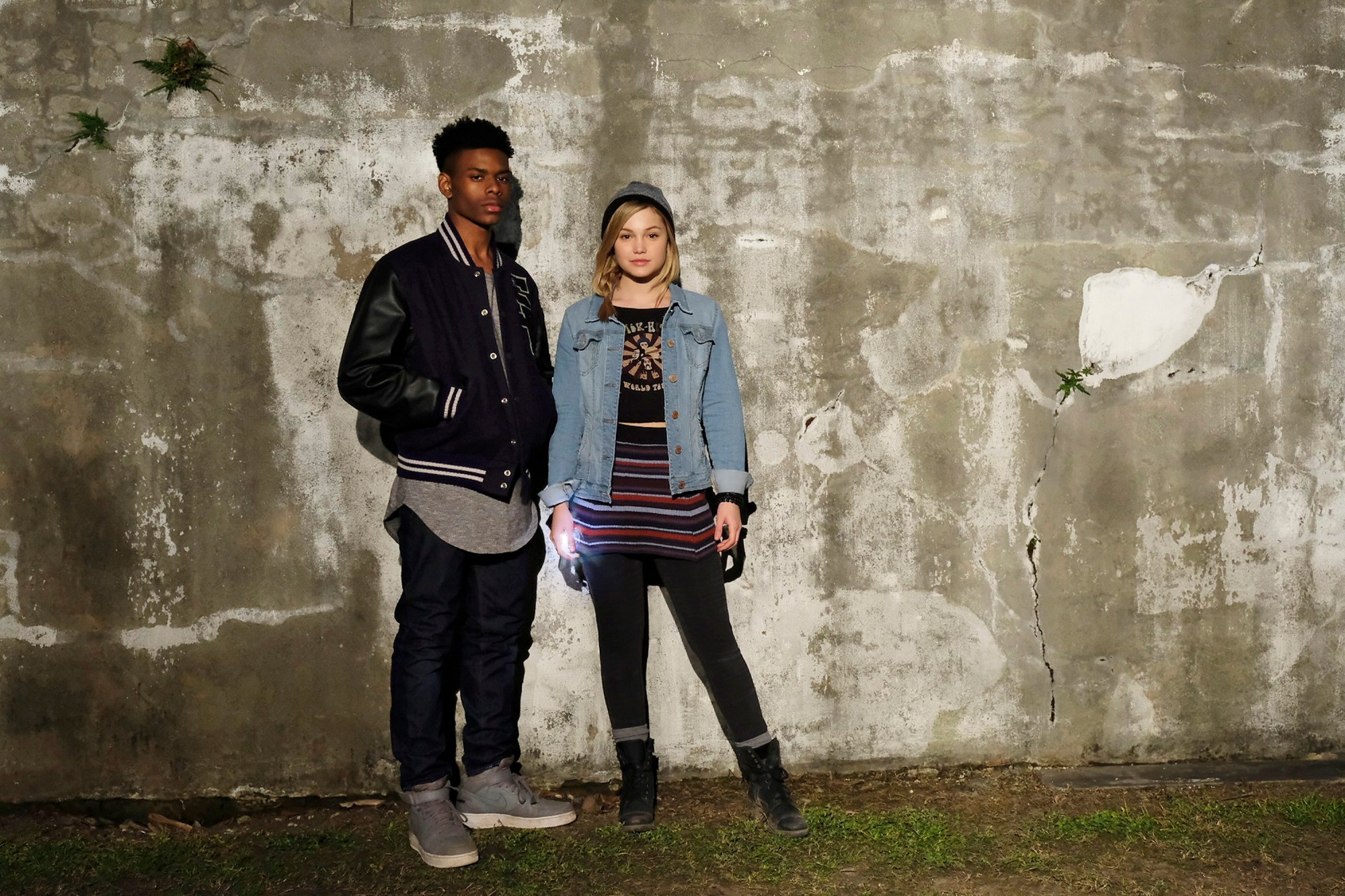
If you had a superpower, what ability would you choose to have and why?
It would probably be teleportation so I would never have to pay for a flight again in my life. You know that would work. Any Knicks game, any NBA game in any city, I’d be there. Probably either that or super strength because, I don’t know, super strength speaks “power” to me. So having that much power would be pretty dope.
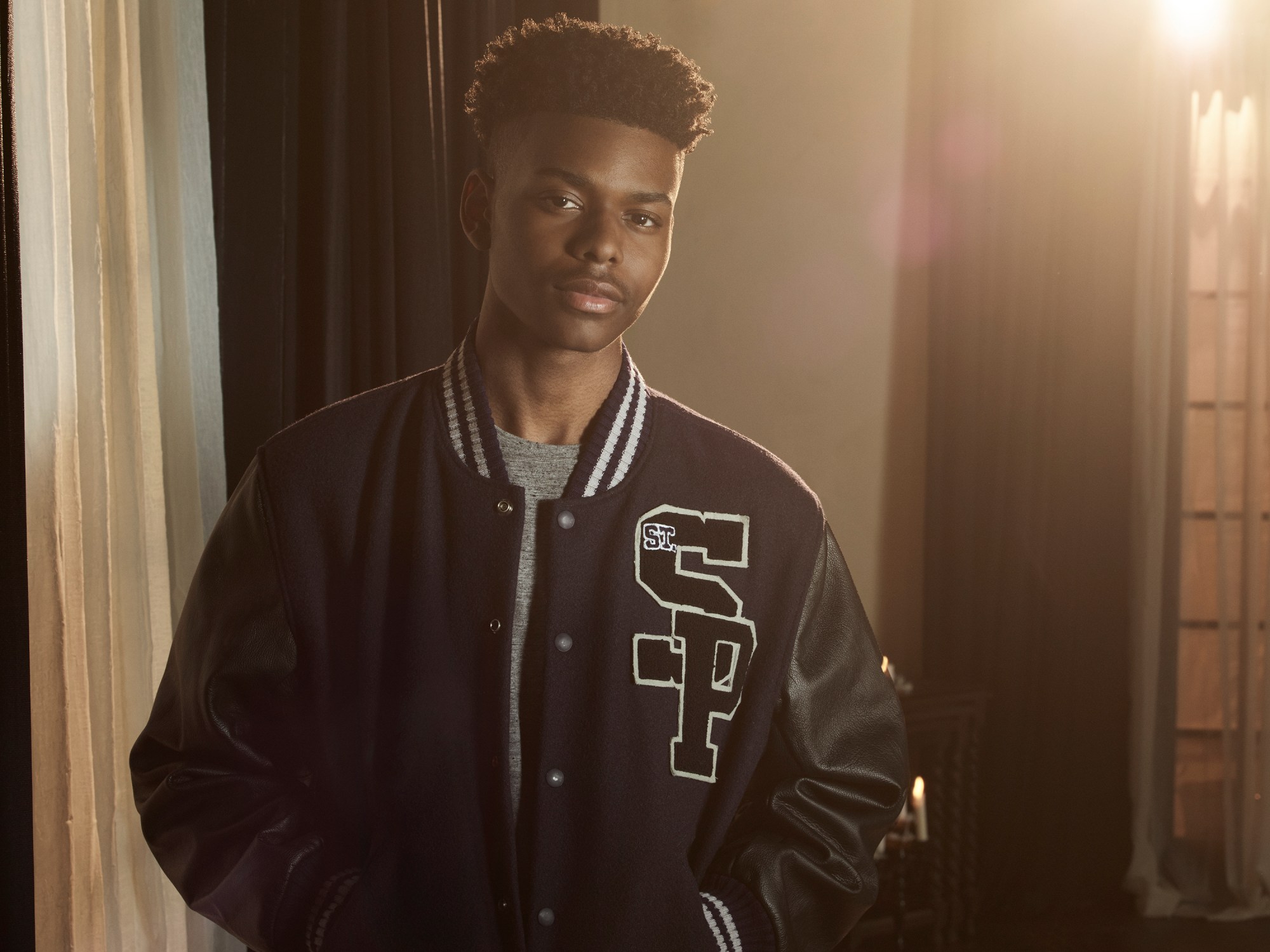
In the first episode, the show hits on some heavy themes — particularly race and police brutality. What do you want viewers to take away from watching content that explores a real-world problem?
I feel like if we want to push the culture forward or see any changes, we have to talk about these things. I feel like talking about our situation has kind of been looked down upon as something that really wouldn’t help. We have situations that are so deep and so embedded that it’s going to take a while to even bring about some change. So to me, this show is a great start towards facing the reality of the situation. I think people seeing a young black male and a young white female really connect as friends, as a companionship, with no real romantic involvement yet, I think that’s going to be so special. I think it’s all a part of the new normal that we’ve been putting out.
In a polarized political climate, how does a show like Cloak and Dagger deal with hot button issues?
I feel like there’s a message to every episode. There is bullying, suicide, anxiety, depression, police brutality, representation of women, mental abuse. We go through a lot things that people generally actually go through. And it’s not something that we really see on TV because it’s not the sweetest thing. It’s not the most perfect thing. But I think once we are real with ourselves and put out real content that people can relate to, it’s going to start a discussion.
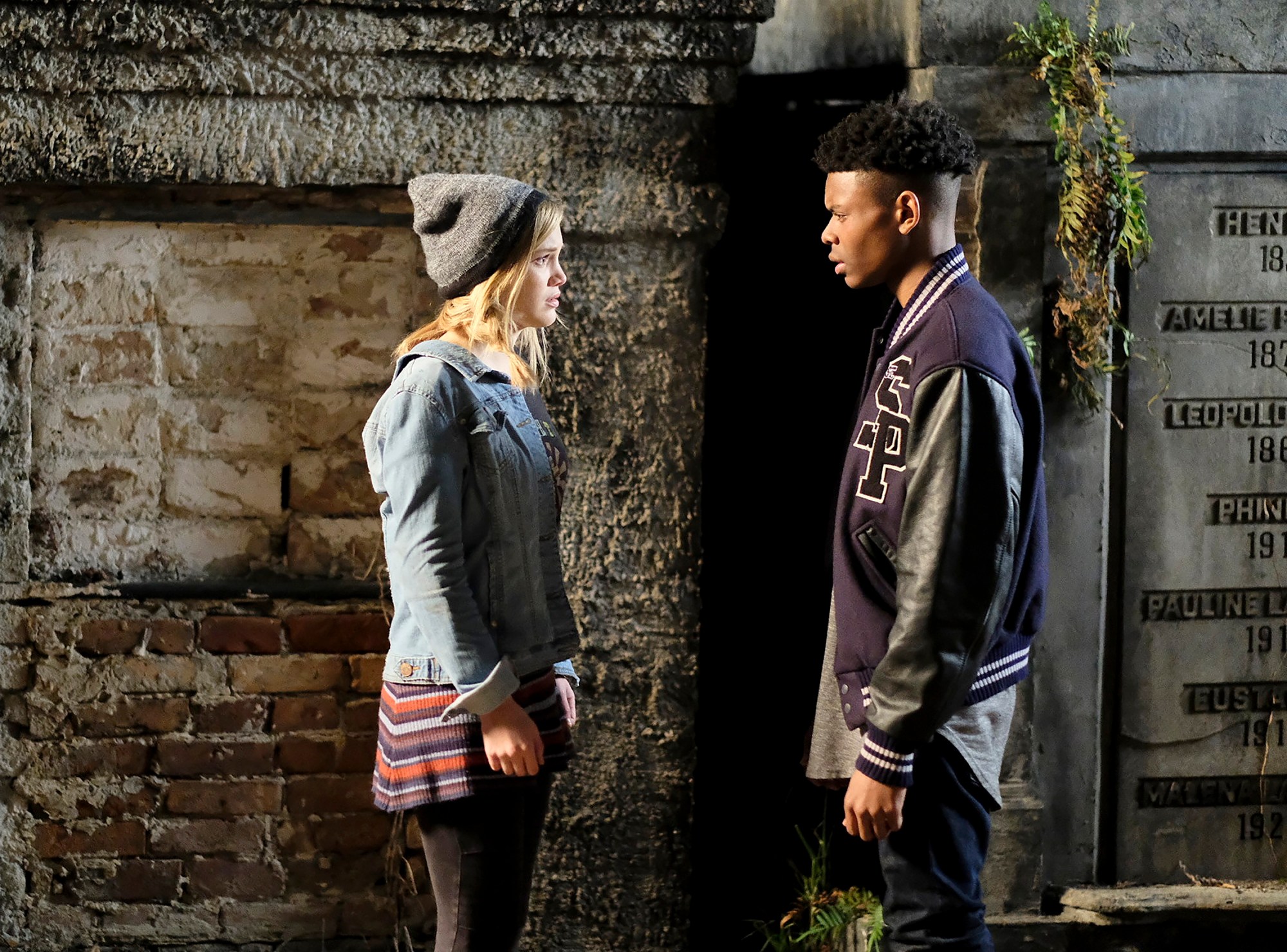
Cloak and Dagger is set in post-Katrina New Orleans, how does that environment influence the show and how did that play out between your characters?
Yeah, it was huge for us because of the fact that New Orleans is like our “series regular” too. The city is such an incredible part of our show. And also, there’s no doubt that no matter what New Orleans has been through they keep fighting. New Orleans speaks a lot to who Tyrone and Tandy are.
The number of POC superheroes in both TV and cinema has increased a exponentially just within the past few years. Why do you feel it’s important to have minority representation in action-adventure and sci-fi?
Because we all watch sci-fi. You know? We all watch sci-fi, we all watch Marvel, we all watch superheroes. It gives hope to a lot of us young black kids because we have been misrepresented for a very long time and stereotypes around African-Americans kind of precede us before people even know who we are. Having something where a majority of people can see black people in a great light and see that it’s really bigger than a stereotype and what you see was an honor for me. This is why I wanted to act in the first place — to impact and to inspire.
What’s the one message you want to give people who watch the show?
I want it to be known that this show is way more than a superhero show and I feel like it’s going to have an impact and inspire a group of young people that spans through all ages and all races and genders. It’s not just black and white. I feel like this story really talks to a lot of people in this world.
This interview has been edited for clarity and length.
